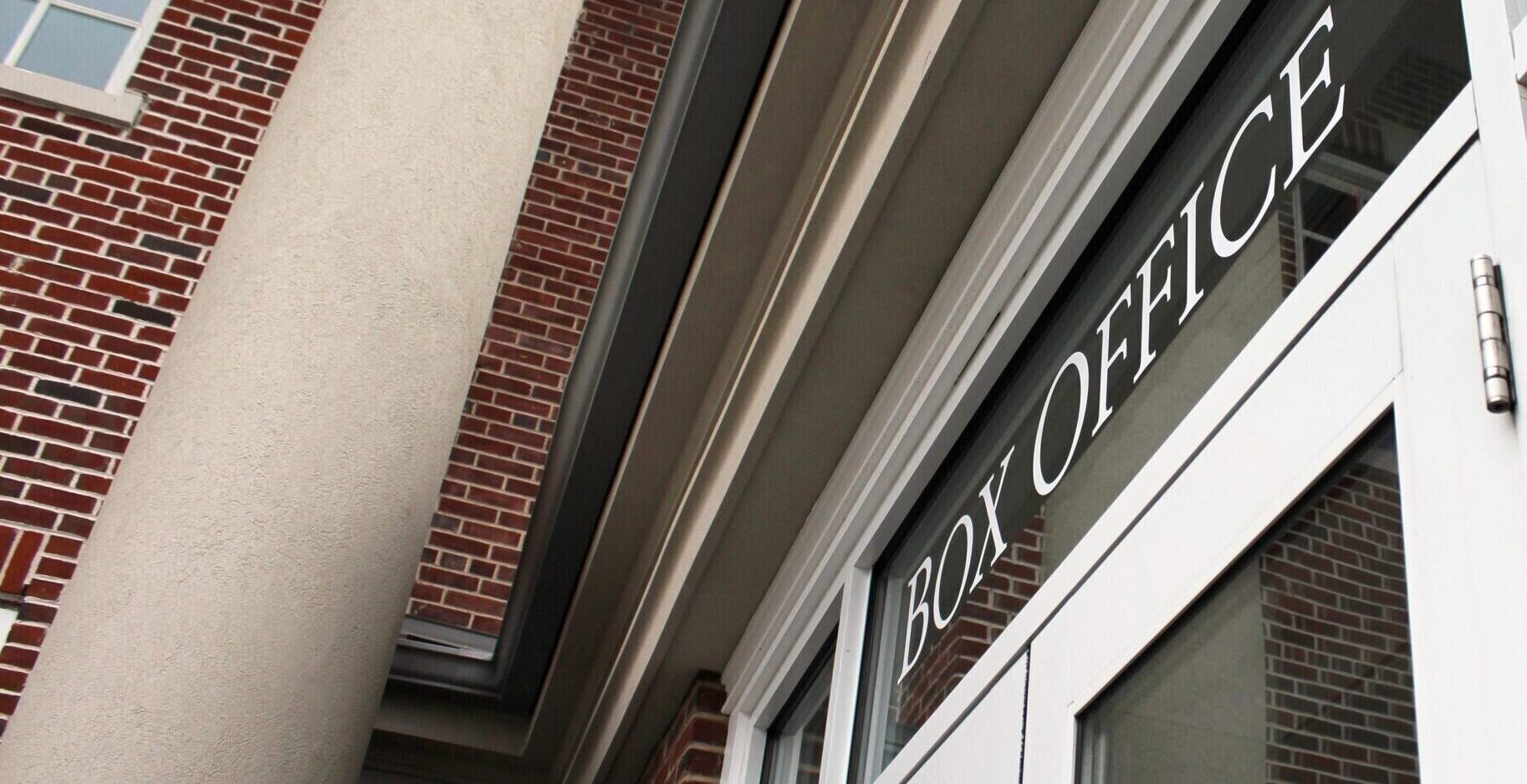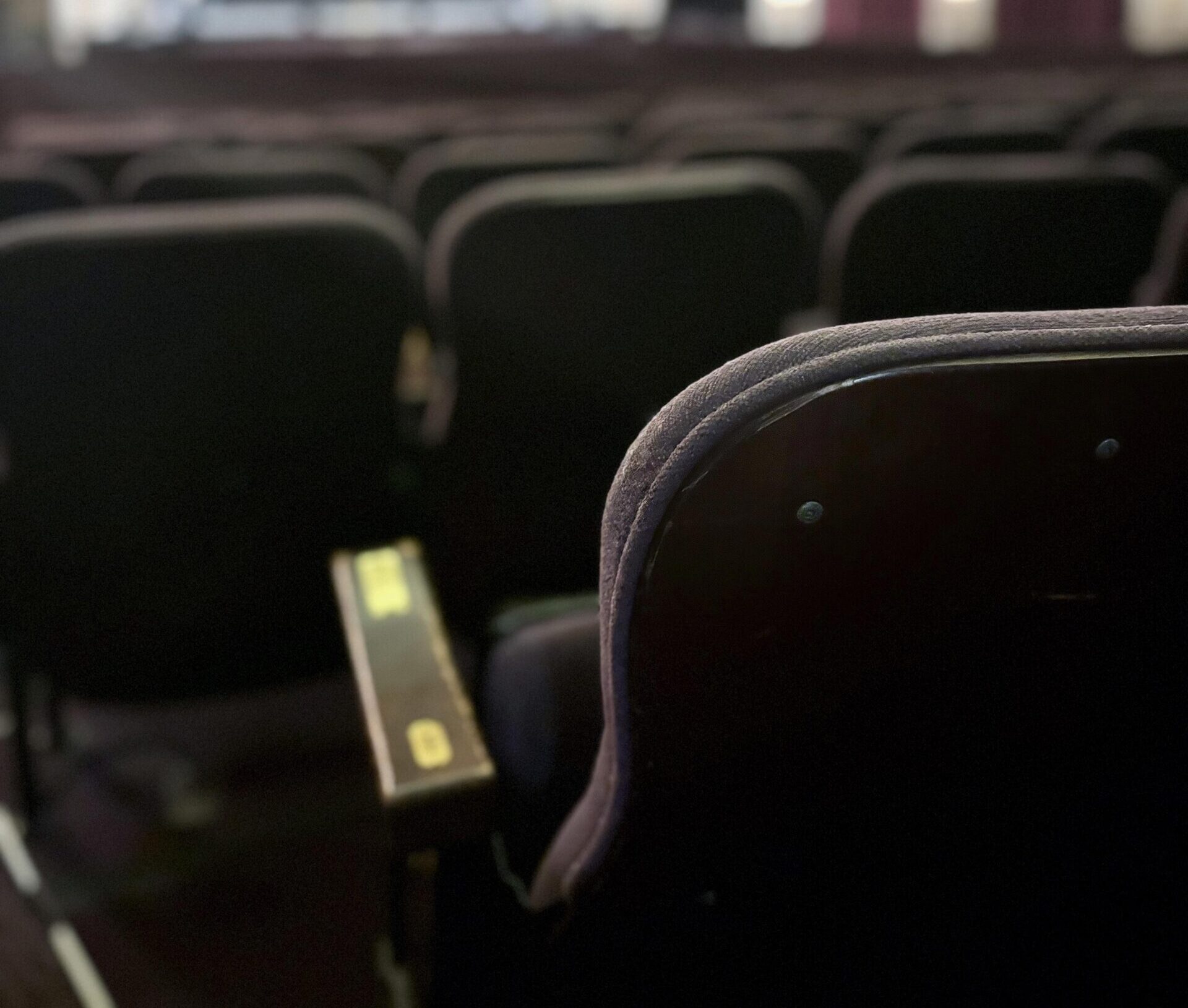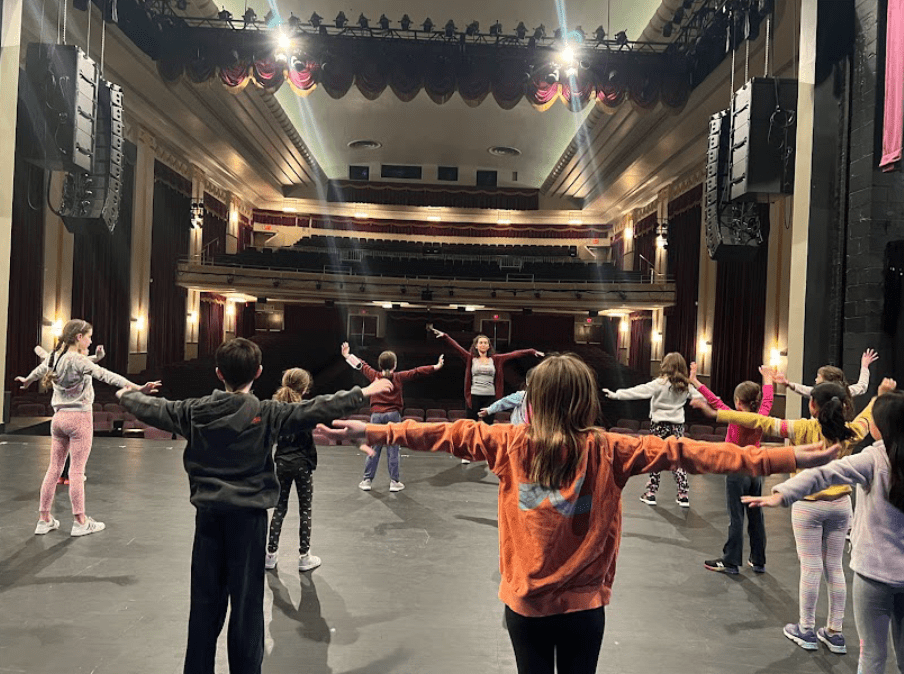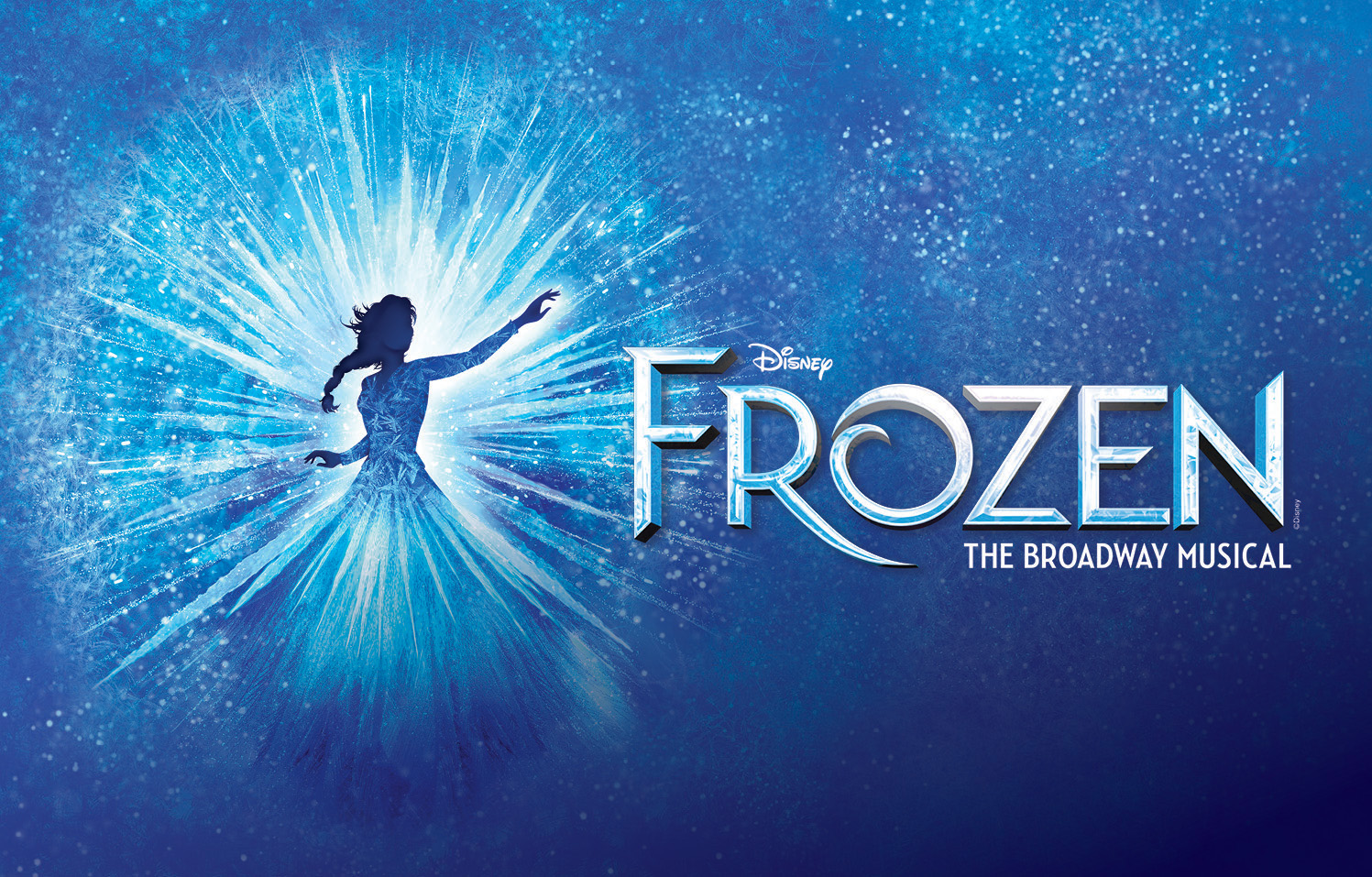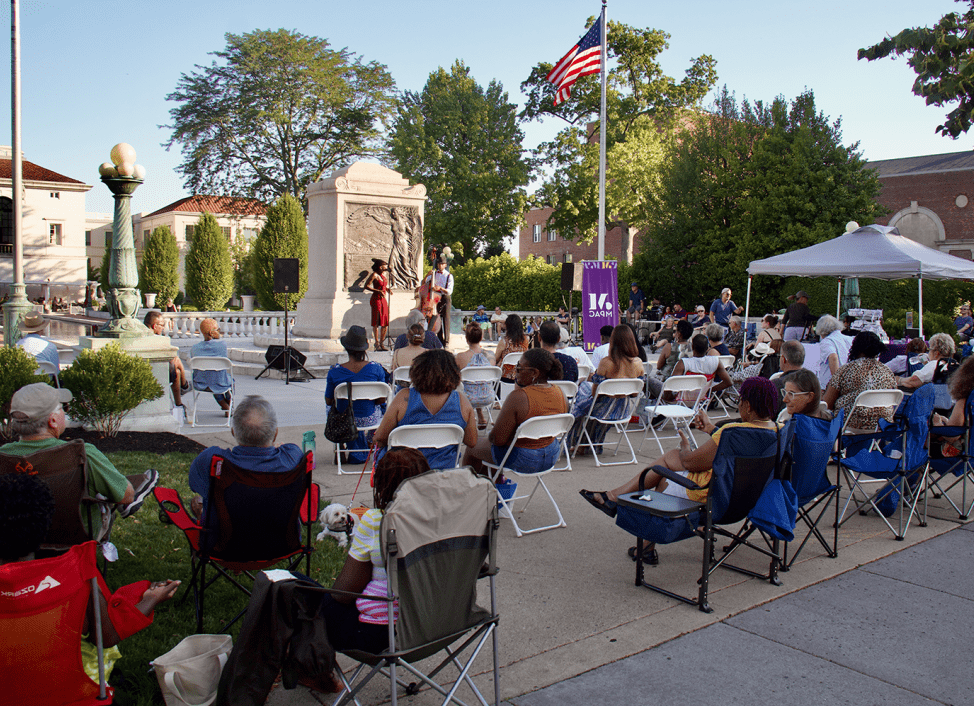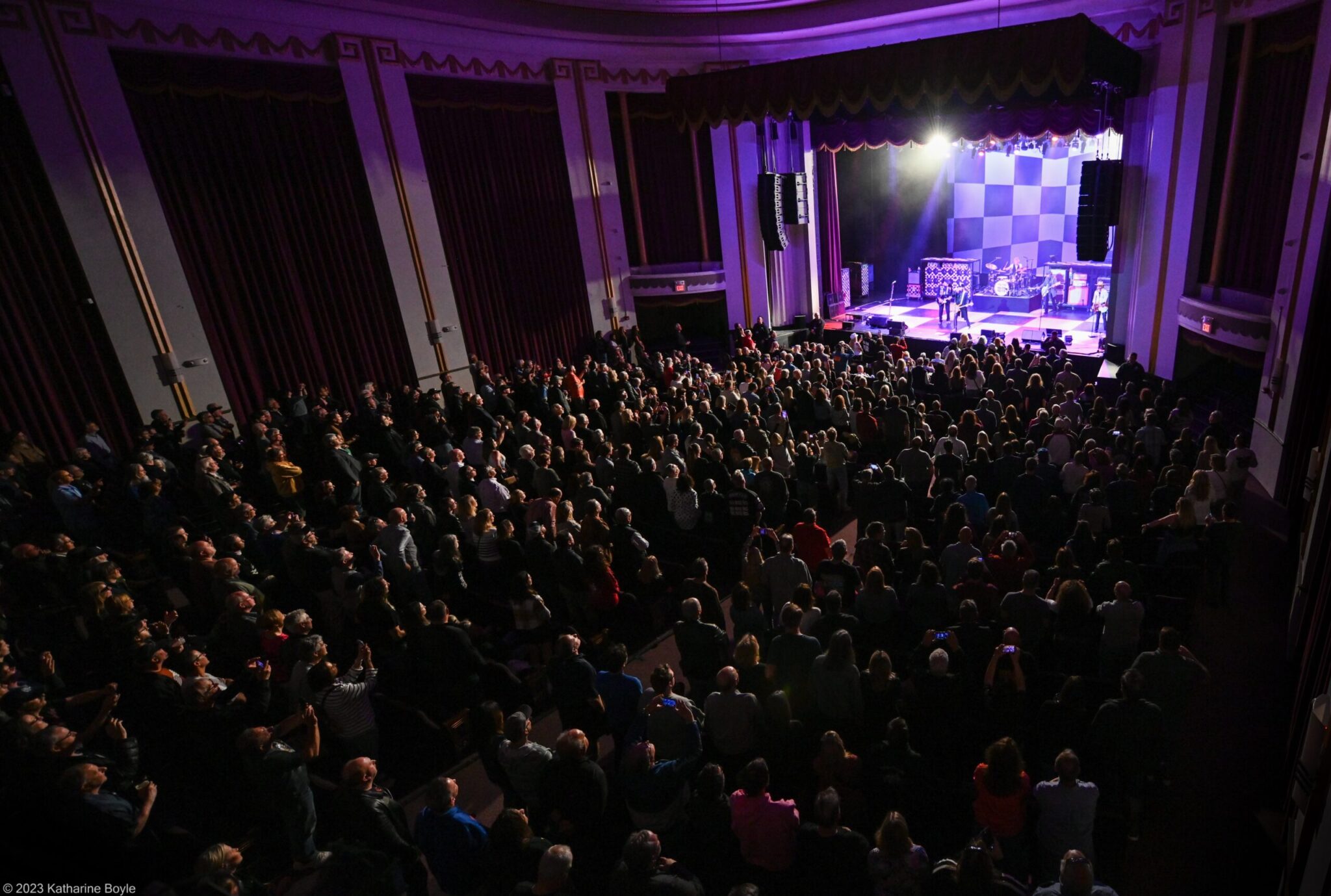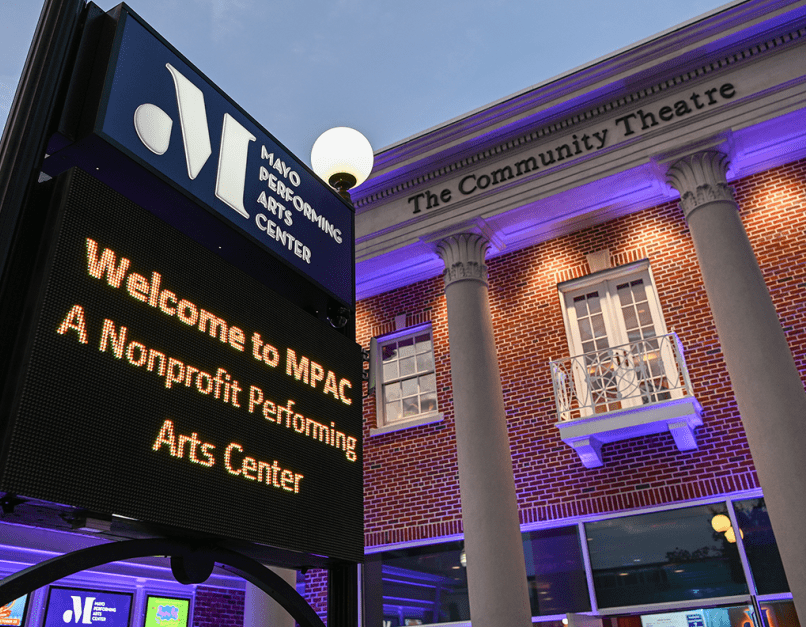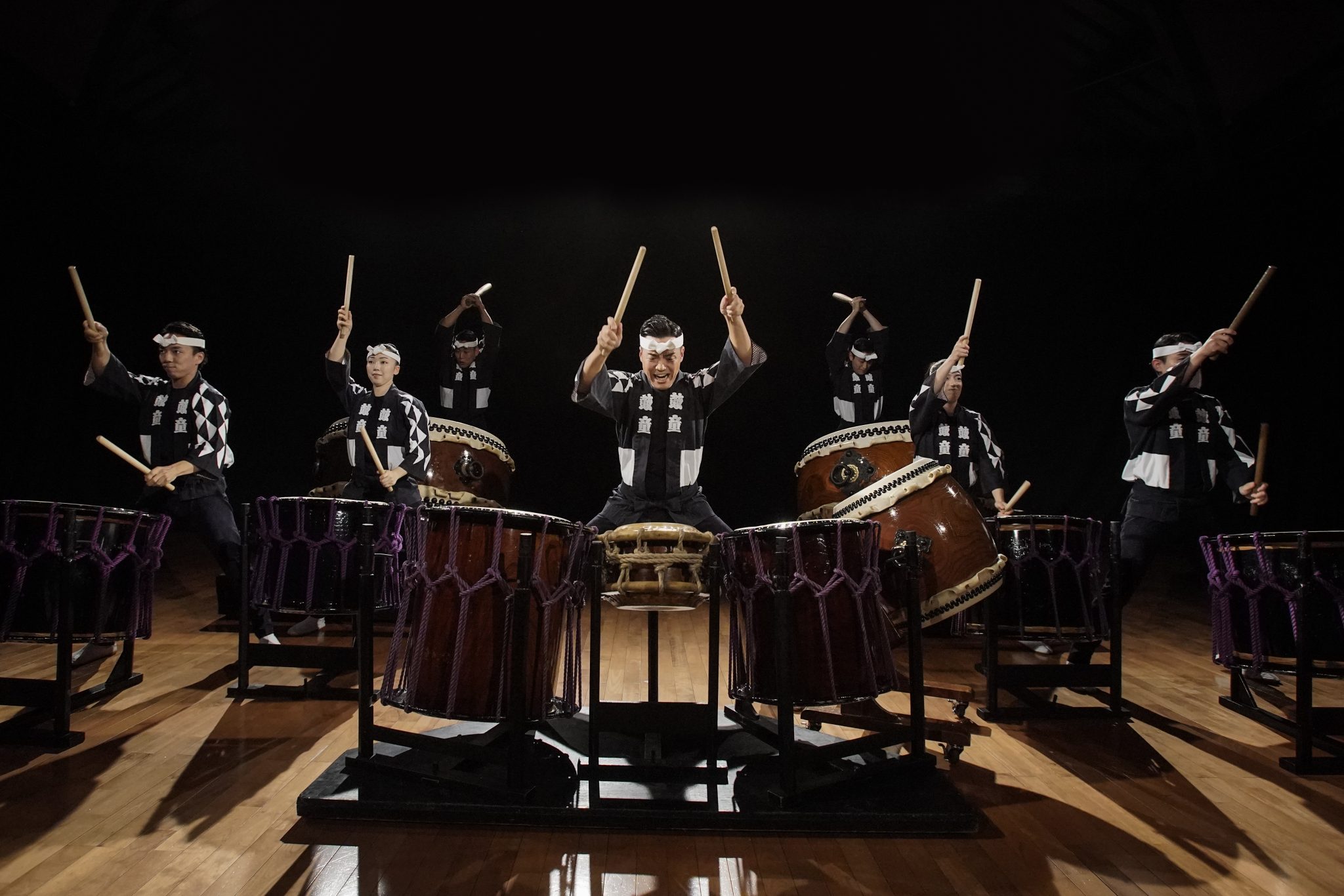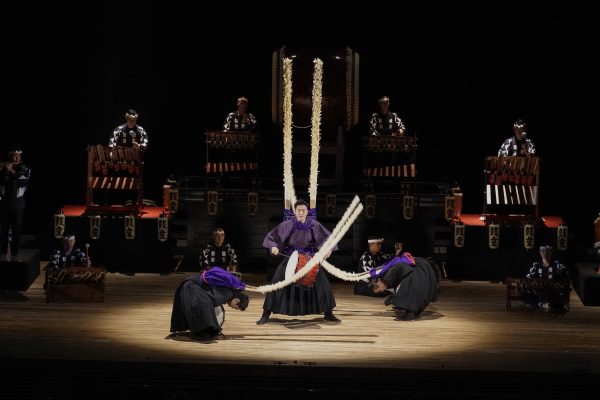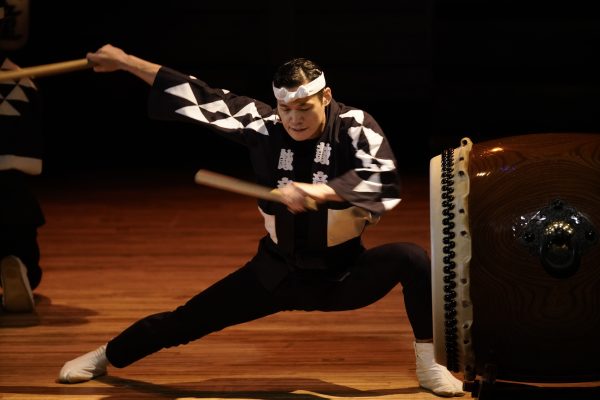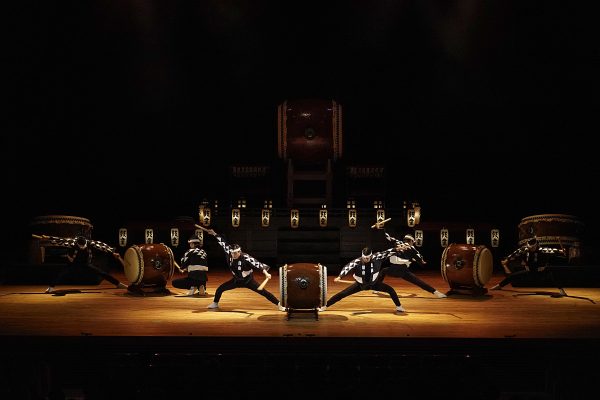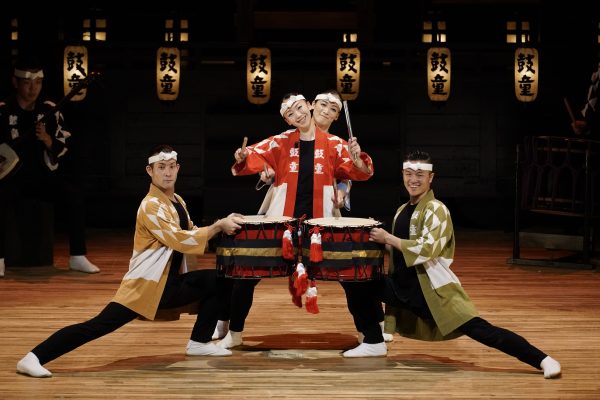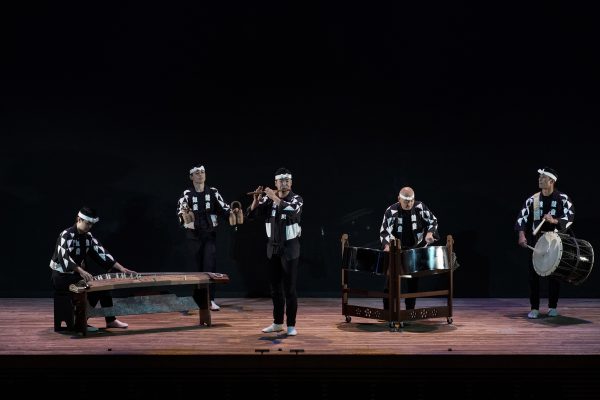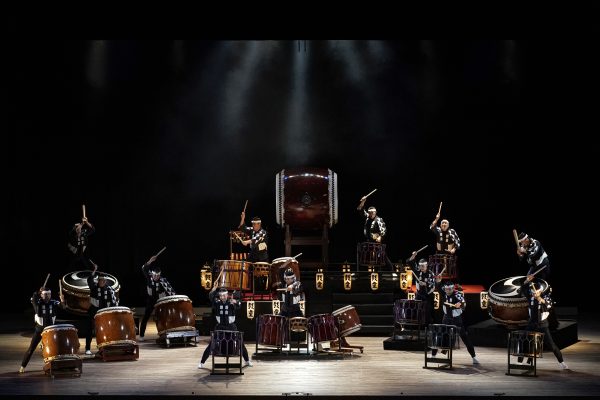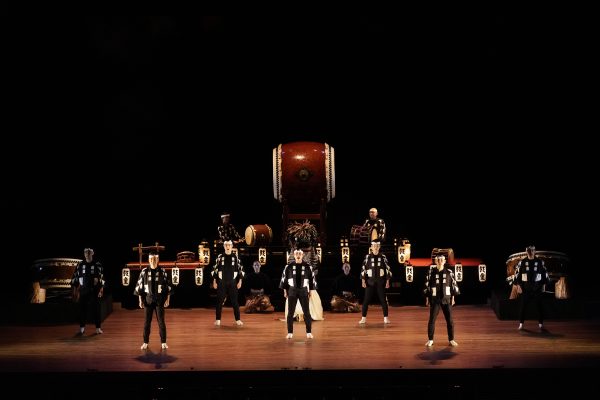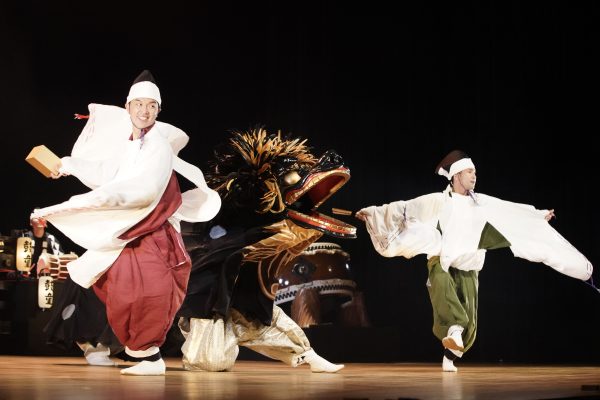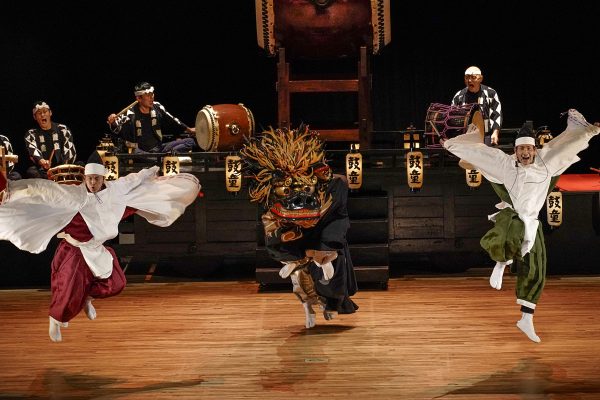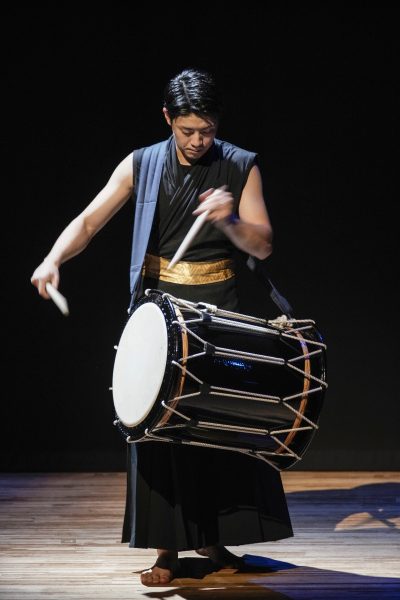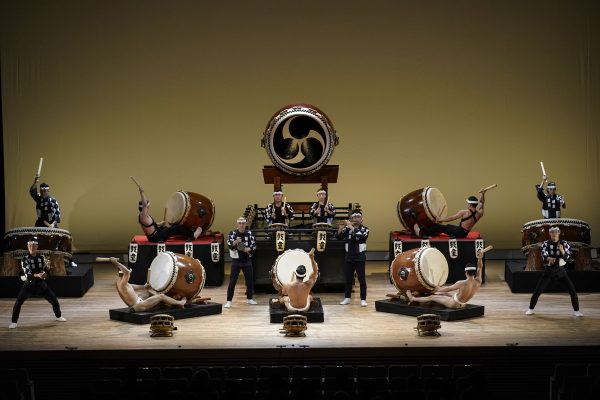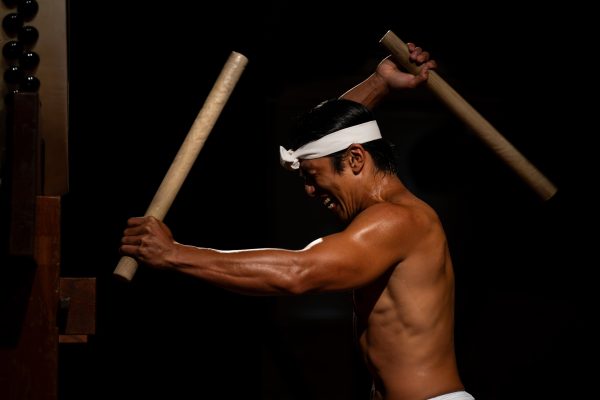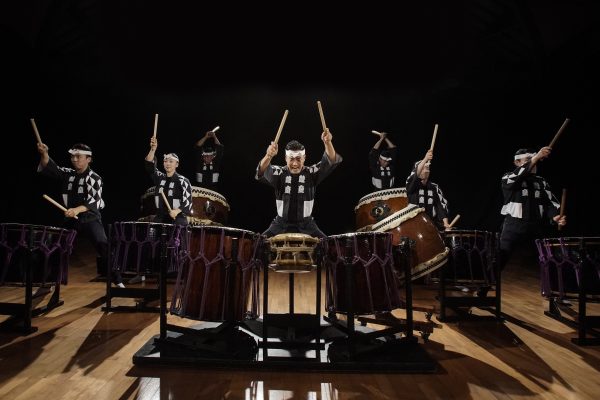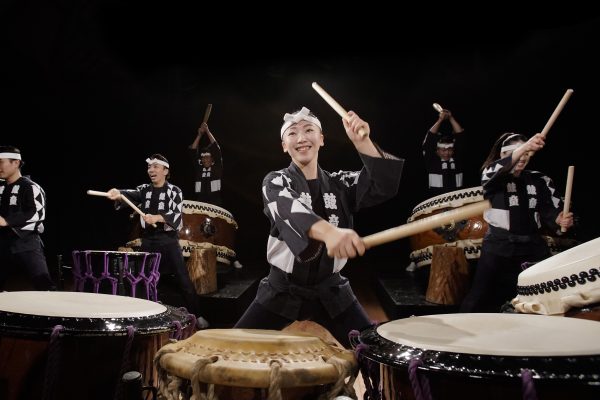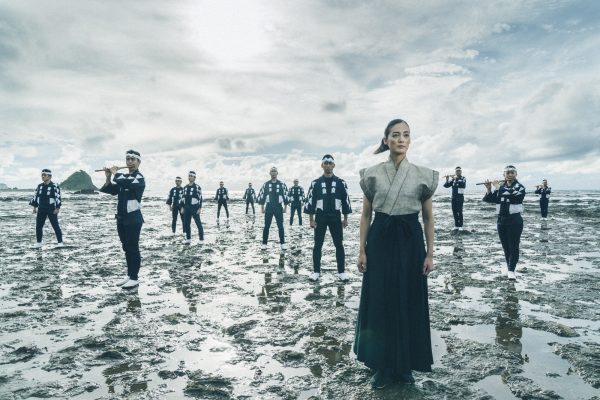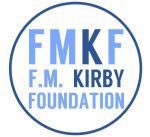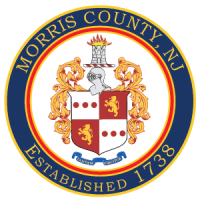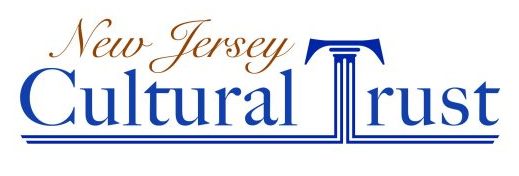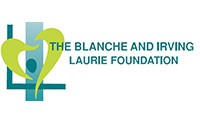Kodo
The acclaimed and ever-popular KODO presents its newest production, Warabe, showcasing the Japanese taiko ensemble’s continued exploration of new and old traditions from Sado Island. KODO amazes with their unique combination of supreme artistry and physical endurance, creating a mesmerizing, riveting and spiritual experience enjoyed by millions around the world. “Indeed, if there is such a thing as perfection in music, KODO comes as near to it as any group in the world.” – The Boston Globe
Let your soul dance to the rhythm of life.
In Japanese, the word “Kodo” holds a double meaning. It can be translated as “heartbeat,” the primal source of all rhythm. However, our group’s name is written with different characters, which mean “drum” and “child.” This reflects Kodo’s desire to play the drums with the simple heart of a child. For our 40th anniversary, we created two works based on our name: “Tsuzumi” takes its name and theme from the drum character, and “Warabe” from the child element.
In “Warabe,” Kodo looks to its classic repertoire and aesthetics from the ensemble’s early days. This production blends simple forms of taiko expression that celebrate the unique sound, resonance, and physicality synonymous with Kodo—forever children of the drum at heart.
Come and experience the soul-stirring rhythm of life firsthand.


